Romania's accession to the European Union was one of the main foreign policy objectives of the Romanian state after 1990. This desideratum was assumed at the public level by the central institutions and leading personalities of the Romanian state, being also an ample collective effort of the Romanians, agerpres reports.
The process of Romania's accession to the European Union began on February 1, 1993, on the occasion of the signing of the European Agreement establishing an association between the European Communities and their member states, on the one hand, and Romania, on the other hand. The agreement recognized Romania's objective of becoming a member state of the European Union and provided for financial and technical assistance from it, according to the www.mae.ro and https://ec.europa.eu.
On June 22, 1995, in Paris, Theodor Melescanu, Romanian Minister of Foreign Affairs submitted Romania's official application for membership of the European Union. The application for accession had attached the document "National strategy for preparing Romania's accession to the European Union", signed in Snagov, on June 21, 1995, by the leaders of the parliamentary parties, by the presidents of the two Chambers of the Romanian Parliament and by president Ion Iliescu.
In the Cannes Palace of Festivals, on June 27, 1995, the European Council was held, on which occasion the general framework of the Community legislation in the field of internal market and the requirements that the associated states, including Romania, were to adopt for the harmonization of the Community legislation with the national one, took place.
On June 30, 1995, in Brussels, the signing by Romania of the Additional Protocol to the Association Agreement takes place, which finalizes the legal framework for the participation of the Romanian state in Community programmes aimed at the economic, technical, scientific and cultural fields. This moment represented the completion of Romania's status of an associated state to the European Union.
The enforcement of the provisions of the European Association Agreement and the preparation of the process of Romania's accession to the European Union were assumed by the Inter-ministerial Committee for European Integration, which started its activity on August 14, 1995.
On June 27, 1997, on the occasion of the EU summit in Amsterdam, the candidate countries were invited to participate, Romania being represented by a delegation led by President Emil Constantinescu.
The Romanian Government has carried out the National Programme for Romania's Accession to the European Union in the medium term, a program presented on May 21, 1998, in the government meeting, by Alexandru Herlea, minister-delegate for European Integration with the Prime Minister. The programme was discussed in the plenary of the two Chambers of Parliament and was transmitted to the European Commission on June 25, 1998.
On October 13, 1999, the European Commission proposed to start negotiations for accession to the European Union with Malta, Latvia, Lithuania, Slovakia, Bulgaria and Romania.
On the occasion of the European summit in Helsinki, on December 10-11, 1999, the leaders of the 15 member states voted, on the first day of the works, to start the accession negotiations of the six states, including Romania, stating that the moment of accession would take place when the states met the accession conditions.
The opening of Romania's accession negotiations with the European Union took place in Brussels, on February 15, 2000, within the Framework of the Intergovernmental Conference Romania - European Union, at the level of the foreign ministers of the 15 member states.
The Ministry of European Integration sent, on June 29, 2001, to Brussels, to the European Commission, the 2001 edition of the National programme for the accession of Romania to the EU, which indicated the stage of preparation of the Romanian state for accession, the developments in the fulfillment of each criterion separately and for each field of activity.
The European Parliament voted, on 5 September 2001, on the report by the rapporteur for Romania, Emma Nicholson, on the stage of Romania's accession to the European Union. The evaluation of the preparation process for Romania's accession to the Community bloc was the subject of the visit of the European Commissioner for Enlargement, Guenter Verheugen, to Bucharest, on February 20-21, 2003.
On March 11, 2004, the European Parliament voted, by 374 votes in favour, 10 against and 29 abstentions, on the report on the candidacy of Romania and Bulgaria to join the European Union.
The largest enlargement ceremony of the Community bloc to date took place in Dublin on May 1, 2004, when the European Union received ten new member states - Cyprus, Estonia, Latvia, Lithuania, Malta, Poland, the Czech Republic, Slovakia. Slovenia, Hungary.
Romania concludes, from a technical point of view, the negotiations for accession to the European Union on December 8, 2004, in Brussels, by the provisional closure of the last two chapters: "Competition Policy" (chapter 6) and "Justice and Home Affairs" (chapter 24), within the framework of the Romania-EU accession conference.
The European Commission confirmed on December 14, 2004, during the 12th Intergovernmental Conference on Romania's Accession to the EU, held in Brussels, the provisional closure of the 31 negotiating chapters, so that the political decision to close the negotiations be subsequently pronounced by the European Council, on the occasion of the winter meeting.
The European Parliament voted on December 16, 2004 on the report on Romania's progress towards accession to the European Union, recommending the signing of the Accession Treaty in the spring of 2005 and the effective accession, together with Bulgaria, on January 1, 2007.
At the European Council meeting on December 17-18, 2004, the European leaders approved the signing in April 2005 of the Treaty of Accession of Romania and Bulgaria to the EU, and the accession of the two countries as full rights states to take place in 2007, with the obligation to continue the reforms and to fulfill the commitments undertaken.
On April 13, 2005, in Strasbourg, the European Parliament voted, with 497 votes in favour, 93 against and 71 abstentions, the assent for the signing of Romania's Treaty of Accession to the European Union.
The Romanian delegation, led by President Traian Basescu, participated, on April 25, 2005, in Luxembourg, in the signing ceremony of the treaty of accession of Romania to the institutions of the European Union.
On October 25, 2005, in Strasbourg, the European Commissioner for Enlargement, Olli Rehn, presented, in the plenary of the European Parliament, the European Commission's positions on the level achieved by Romania and Bulgaria on the accession path.
The European Commission presented on September 26, 2006, in Strasbourg, the comprehensive monitoring report on Romania and Bulgaria, which mentioned for the first time that Bulgaria and Romania are prepared to join on 1 January 2007.
Slovakia was the first state to ratify the Treaty of Accession of Romania and Bulgaria to the European Union on June 21, 2005, and Germany completed this necessary process on November 24, 2006.
The Brussels European Council meeting (December 14-15, 2006) confirmed the accession of Romania and Bulgaria to the European Union for January 1, 2007.
After accessing the European Union, Romania has representatives in all European institutions, Romanian citizens benefit from the rights conferred by the European citizenship. Romanian has become one of the official languages of the European Union, all Community documents being translated into Romanian.
Romania has organized, so far, European Parliament elections three times: on November 25, 2007, for the election of 35 Romanian MEPs, on June 7, 2009, for the 33 MEP mandates and on May 25, 2014, for the 32 mandates.
So far, Romania has had four European commissioners. Leonard Orban was the first European commissioner on behalf of Romania, taking over the portfolio for Multilingualism on January 1, 2007 and managing a budget of approximately EUR 1.2 billion. He had 3,400 people under command. The multilingualism portfolio included translations, interpreting and the official publications office of the European Union. His term ended on 9 February 2010.
Dacian Ciolos was the second European Commissioner on behalf of Romania, managing the Agriculture and Rural Development portfolio. He was sworn into office on February 9, 2010. It had allocated about EUR 50 billion for 2010, almost a third of the European Union's budget. His term ended on November 1, 2014.
Corina Cretu was the third European Commissioner on behalf of Romania, from November 1, 2014 until 2019, coordinating the Regional Policy portfolio. From June to October 2014, she served as Vice-President of the European Parliament, according to https://ebn.eu.
Adina-Ioana Valean is the fourth European Commissioner on behalf of Romania, managing the Transport portfolio at Community level, starting with 2019. She was a MEP from 2007 to 2019 and vice-president of the European Parliament (2014-2017), according to the https://ec.europa.eu/.
Romania has the right to vote in all meetings of the Council of the European Union.
In the European Parliament, in the 2019-2024 legislature, the citizens of Romania are represented by 33 European deputes, elected by direct vote following the elections held on May 26, 2019. The mandate from 2019-2024 is the fourth for the elected MEPs from Romania and the third full term of 5 years.
Within the Community institutions, Romania is represented by: a judge at the Court of Justice of the European Communities - Octavia Spineanu-Matei (October 7, 2021 - October 6, 2027); a judge at the General Court of the European Union - Mirela Stancu (September 1, 2019 - August 31, 2022); one member of the Court of Auditors - Viorel Stefan, 15 members of the Economic and Social Committee and 15 members of the Committee of the Regions, according to the www.mae.ro. The National Bank of Romania is also part of the European System of Central Banks, and its Governor participates, as a full member, in the General Council of the European Central Bank and its committees.
Romania ensured, for the first time since joining the European Union, between January 1 and June 30, 2019, the rotating presidency of the Council of the European Union, a mandate that coincided with the end of the legislative and institutional cycle at the level of the European Union, because in the middle of the first semester of 2019, the elections to the European Parliament were held, being recorded both the peak of the process of political reflection on the future of the Union represented by the Summit held in Sibiu on May 9, 2019, followed by the definition of the Union's Strategic Agenda for 2019-2024, and the process of redefining the leadership of the European institutions, according to the mae.ro website.
EU 15 YEARS: Romania's accession to the European Union
Articole Similare
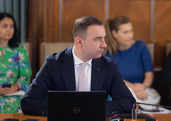
12
EnerMin Ivan:Final Investment Decision for Doicesti SMR marks transition from analysis implementation phase
12
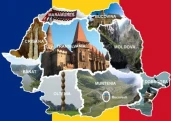
8
ANAT vice-president: Romanian tourism is in technical recession
8
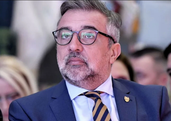
7
ECA's Romascanu: Romania has a relatively comprehensive RRF anti-fraud framework
7

7
Bucharest Stock Exchange closes higher in Thursday's trading session
7
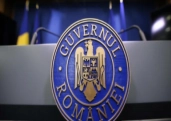
6
Gov't spokesperson admits it's a difficult period for citizens, but essential for budget balance
6

9
Protest in Timisoara against postponement of Constitutional Court's decision regarding magistrates' pensions
9

6
The EP's view on cyberbullying and how realistic Romanian MEPs consider the proposed solutions
6
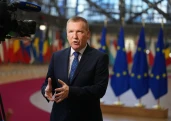
5
USR MPs call on European Justice Commissioner for more rigorous Rule of Law assessment
5

10
DefMin Miruta: National defense industry must be part of international production chains
10

10
EBRD sells Danube Logistics, operator of Giurgiulesti port in Republic of Moldova, to Constanta Port
10

29
National Audiovisual Council's decisions - confirmed by courts in proportion of 92% in last 10 years (institution's vice-president)
29
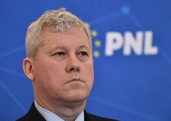
6
Romanian-Canadian cooperation in home affairs on agenda of talks between Minister Predoiu and Ambassador Buchan
6
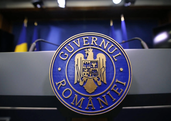
6
Government temporarily suspends contracting procedure for projects financed by 2021-2027 Cohesion Policy
6

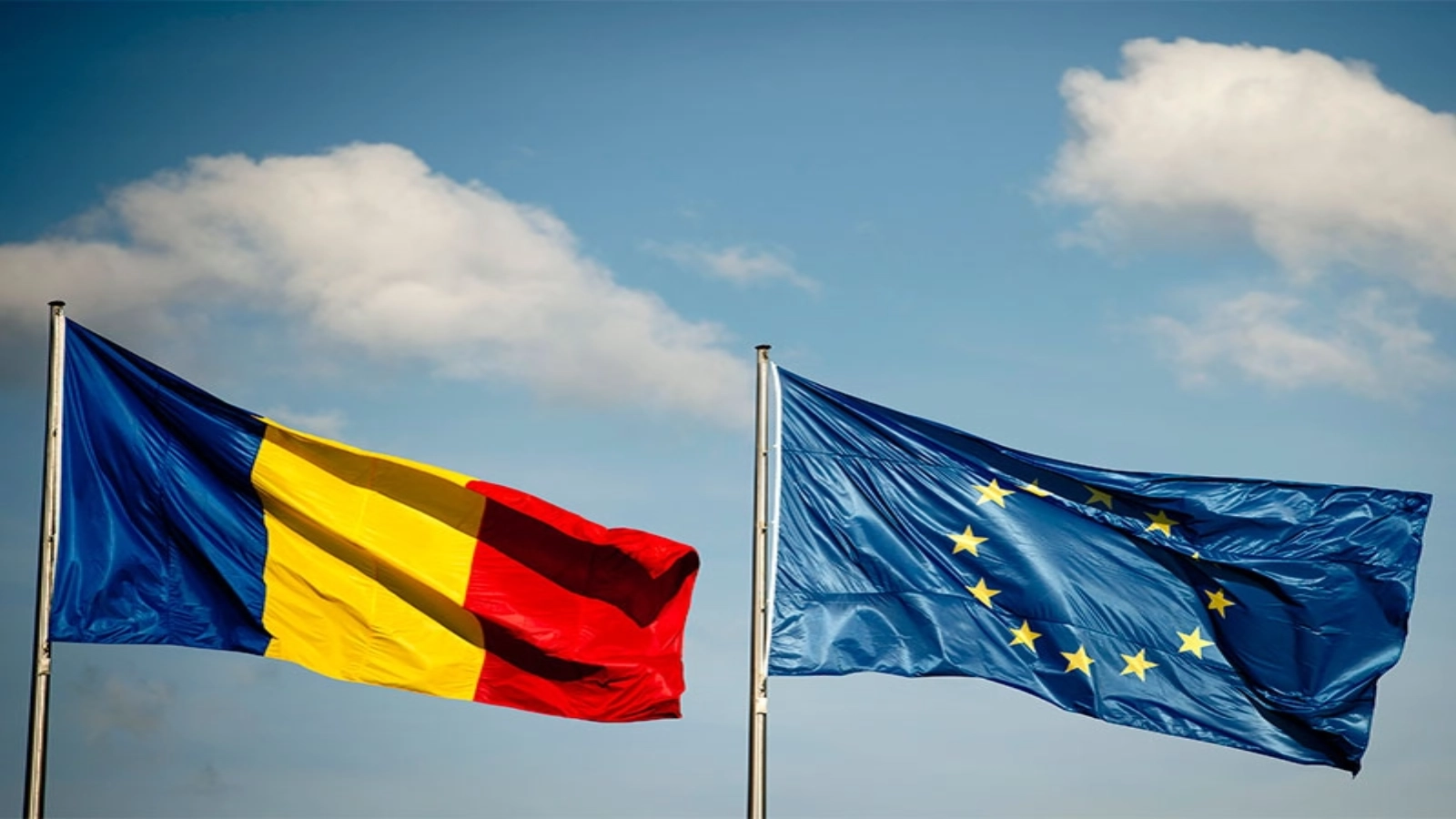


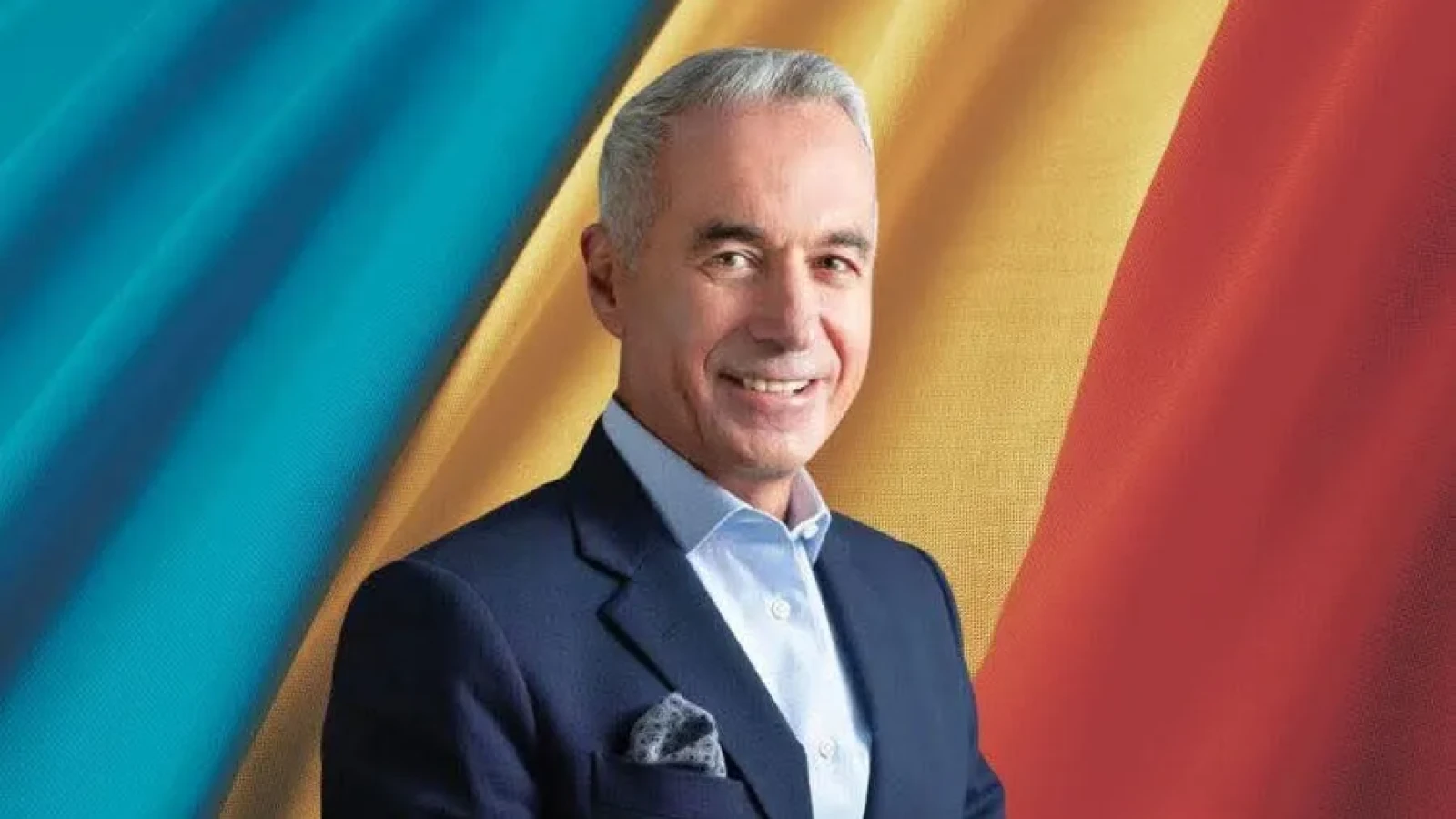



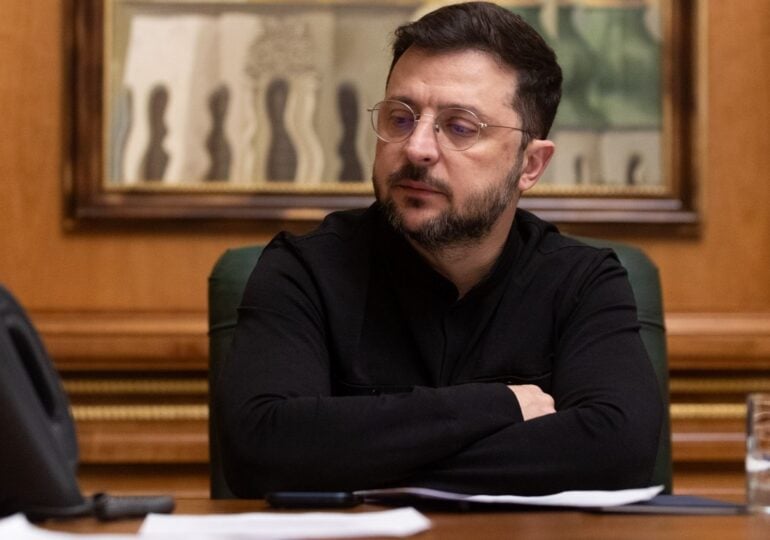






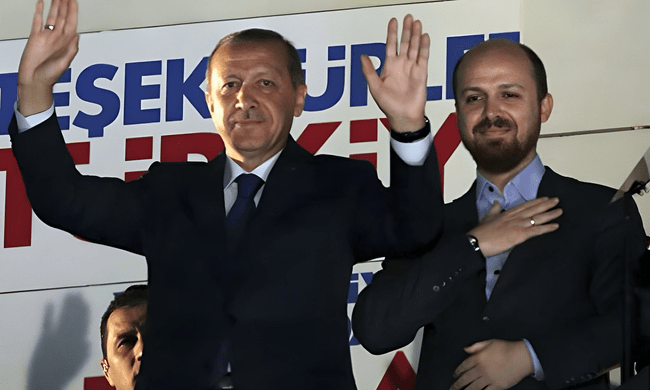



Comentează